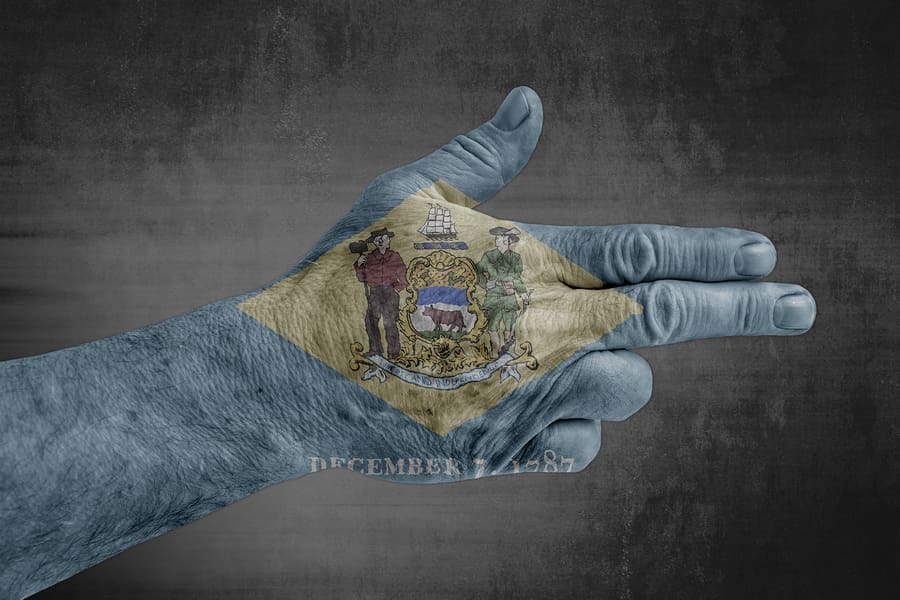A judge’s determination last week that Delaware’s permit-to-purchase law is constitutional and can take effect has raised the ire of many within the gun-rights community, including the leader of the National Shooting Sports Foundation (NSSF).
Delaware passed the permit-to-purchase scheme back in 2024, requiring citizens to first obtain a “handgun qualified purchaser permit” from the State Bureau of Identification before they can purchase a handgun. That means an eight-hour training class, live-fire qualification (about 100 rounds), fingerprinting and a state and federal background check before they ever get to the gun retail counter.
The National Rifle Association quickly filed a lawsuit, Neuberger v. Bushweller, challenging the constitutionality of the law. However, the judge in the case recently denied a motion for an injunction, allowing the law to take effect on November 16.
Astoundingly, U.S. District Court Judge Maryellen Noreika’s decision was made not on the basis that such a blatant restriction to a fundamental right is unconstitutional, but that the plaintiffs hadn’t successfully proven the state’s infrastructure was not ready for such a bureaucratic burden.
That ruling prompted Larry Keane, NSSF senior vice president and general counsel, to write a news piece about the injustice. As Keane explained, the judge’s opinion focused almost entirely on roll-out logistics. Once the state withdrew some extra-legal “guidelines” and showed that it had processed a handful of permits—mostly for already-exempt groups—she concluded the plaintiffs hadn’t yet proven that the system was literally unworkable.
“What she did not do is conduct the full Second Amendment analysis that Bruen requires or analysis under Article 1, Section 20 of the Delaware state constitution,” Keane wrote. “That day will come, and when it does, Delaware’s law will have to be measured against both the U.S. Constitution and a state constitution that is expressly more protective of the Second Amendment right to keep and bear arms.”
The Delaware Constitution specifically states: “A person has the right to keep and bear arms for the defense of self, family, home and State, and for hunting and recreational use.” Additionally, the Delaware Supreme Court has held that this provision is “intentionally broader” than the Second Amendment, aggressively protecting public carry and armed self-defense as fundamental rights.
“Delaware has tried to dress its law up as objective and “shall-issue,” Keane further wrote. “In practice, it stacks conditions and delays – mandatory training, live-fire, fingerprinting, processing windows and bureaucratic confusion that even Judge Noreika flagged as problematic when she imagined trying to navigate the system herself. A right that can be exercised only after the state’s bureaucratic machinery cooperates, instructors are certified, classes are available and fees are paid looks far less like a right and far more like a licensed privilege.”
Ultimately, Keane believes that the law is blatantly unconstitutional, and at some point in the future it will be declared so.
“The U.S. Supreme Court has made plain that the right to keep and bear arms is a fundamental individual right, ‘necessary to our system of ordered liberty,’ not a gift that politicians and regulators may dole out to the few who can afford to jump through their hoops,” Keane concluded. “Delaware’s law may have survived its first night in court, but it should not survive serious constitutional scrutiny.”
Read the full article here





